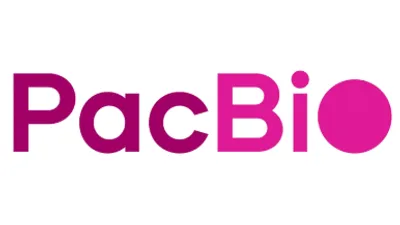Scientists at London, Ontario-based Lawson Health Research Institute have launched the first ever study of the comparative effectiveness of robotic-assisted surgery versus radiation therapy for the treatment of oropharyngeal cancer, or cancer of the back of the throat. Transoral robotic surgery (TORS), a new method for removing tumors from the throat developed in 2004, approved by the US Food and Drug Administration in 2010, and already used in many hospitals in the United States, may be a good way for throat cancer patients to avoid some of radiation therapy's side effects, which include speech problems, hearing loss, skin discoloration, taste changes, difficulty swallowing, and dry mouth. "Early studies of TORS show it holds promise to provide good disease control, as well as offer good speech and swallowing outcomes for patients," said London Health Sciences Center (LHSC) head and neck surgeon Anthony Nichols in a statement. "However, it is important that ...
Robots vs. Radiation
A trial comparing the effectiveness of robotic surgery and radiation for the treatment of throat cancer has begun in Canada.

The Scientist ARCHIVES
Become a Member of
Related Topics
Meet the Author

From 2017 to 2022, Bob Grant was Editor in Chief of The Scientist, where he started in 2007 as a Staff Writer. Before joining the team, he worked as a reporter at Audubon and earned a master’s degree in science journalism from New York University. In his previous life, he pursued a career in science, getting a bachelor’s degree in wildlife biology from Montana State University and a master’s degree in marine biology from the College of Charleston in South Carolina. Bob edited Reading Frames and other sections of the magazine.
View Full Profile



















